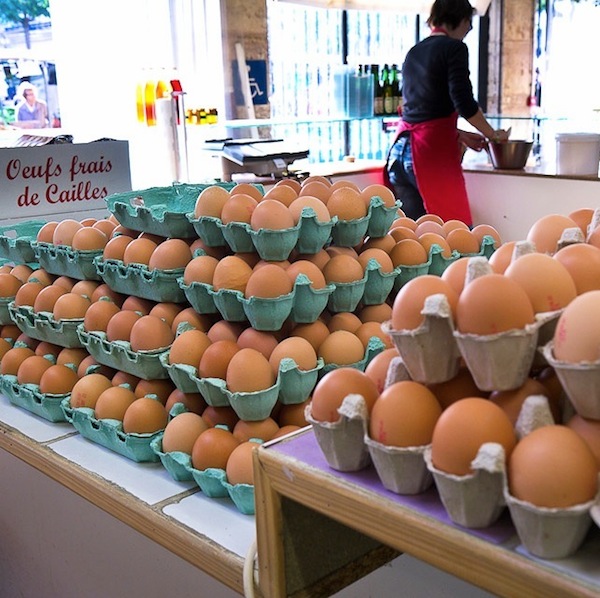Do you guys bag the meat or just let the ice water wash it too? Always heard that wet meat that STAYED wet was ruined?
nope .. putting quarters on ice ages the meat and comes out fine. hanging or dry aging does well too .. more important than wet/dry is the storage temps which should be about same as your refrigerator. since most of us don't have access to a meat locker .. hanging is done only when temps allow it.










